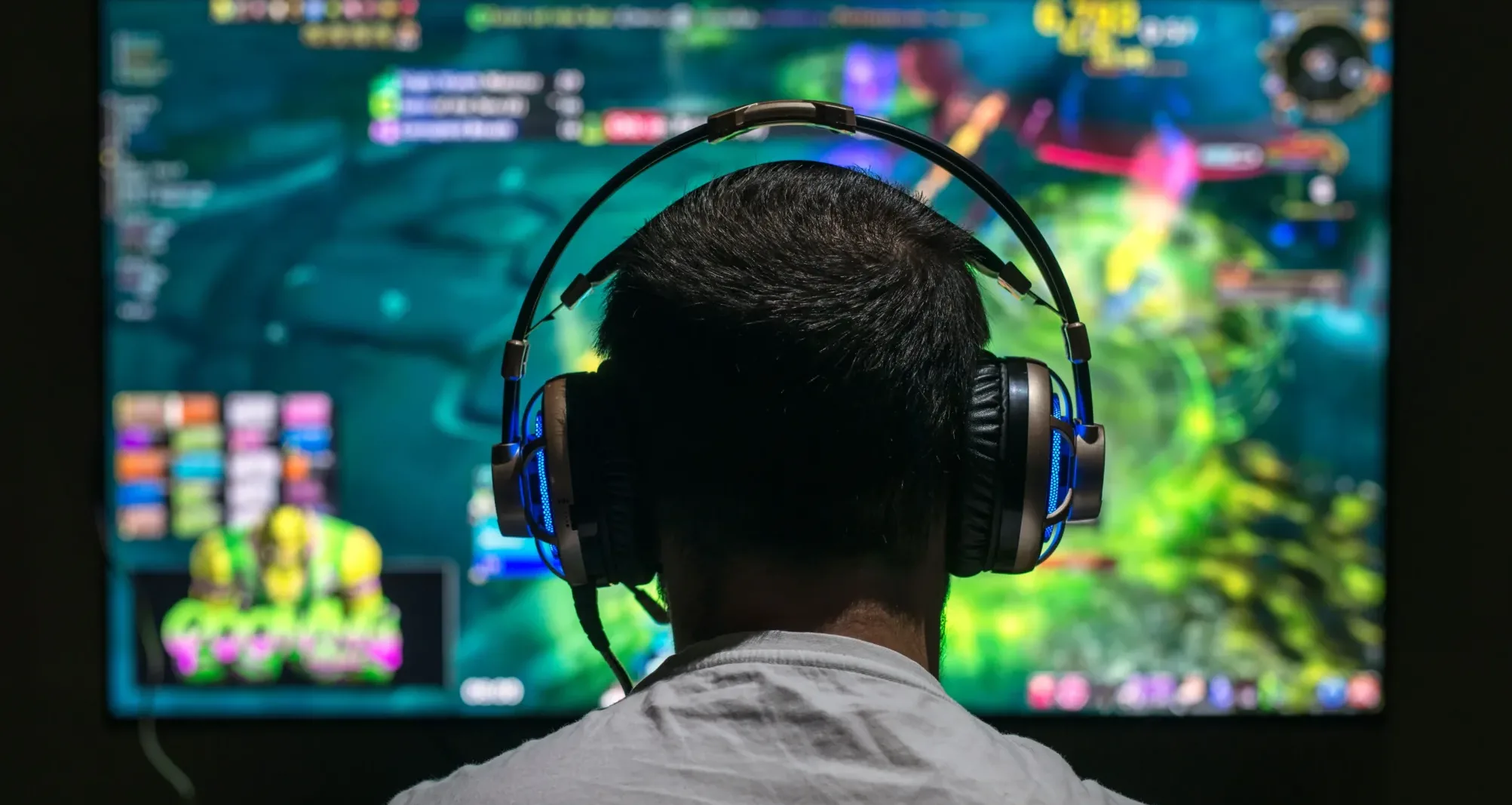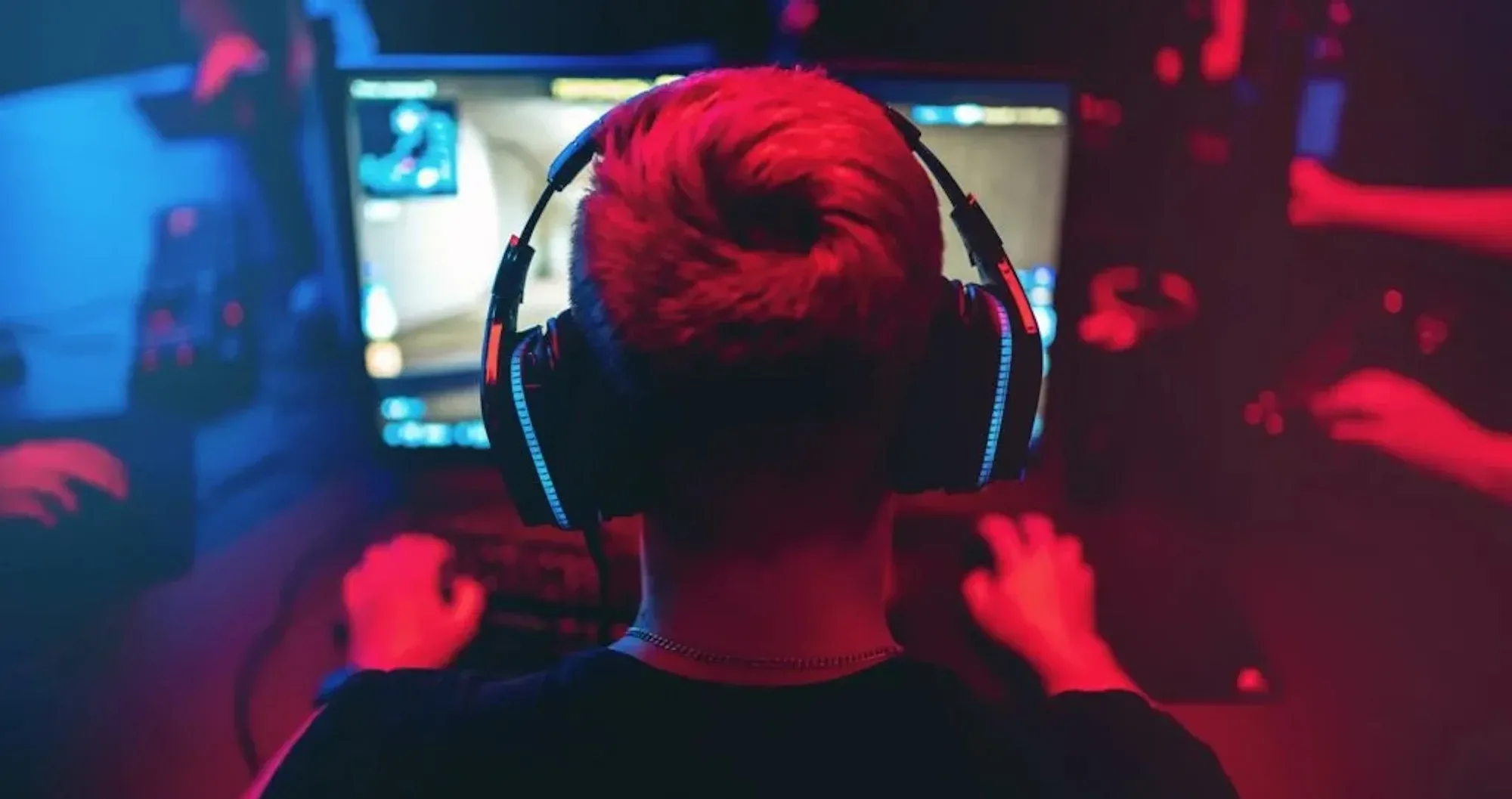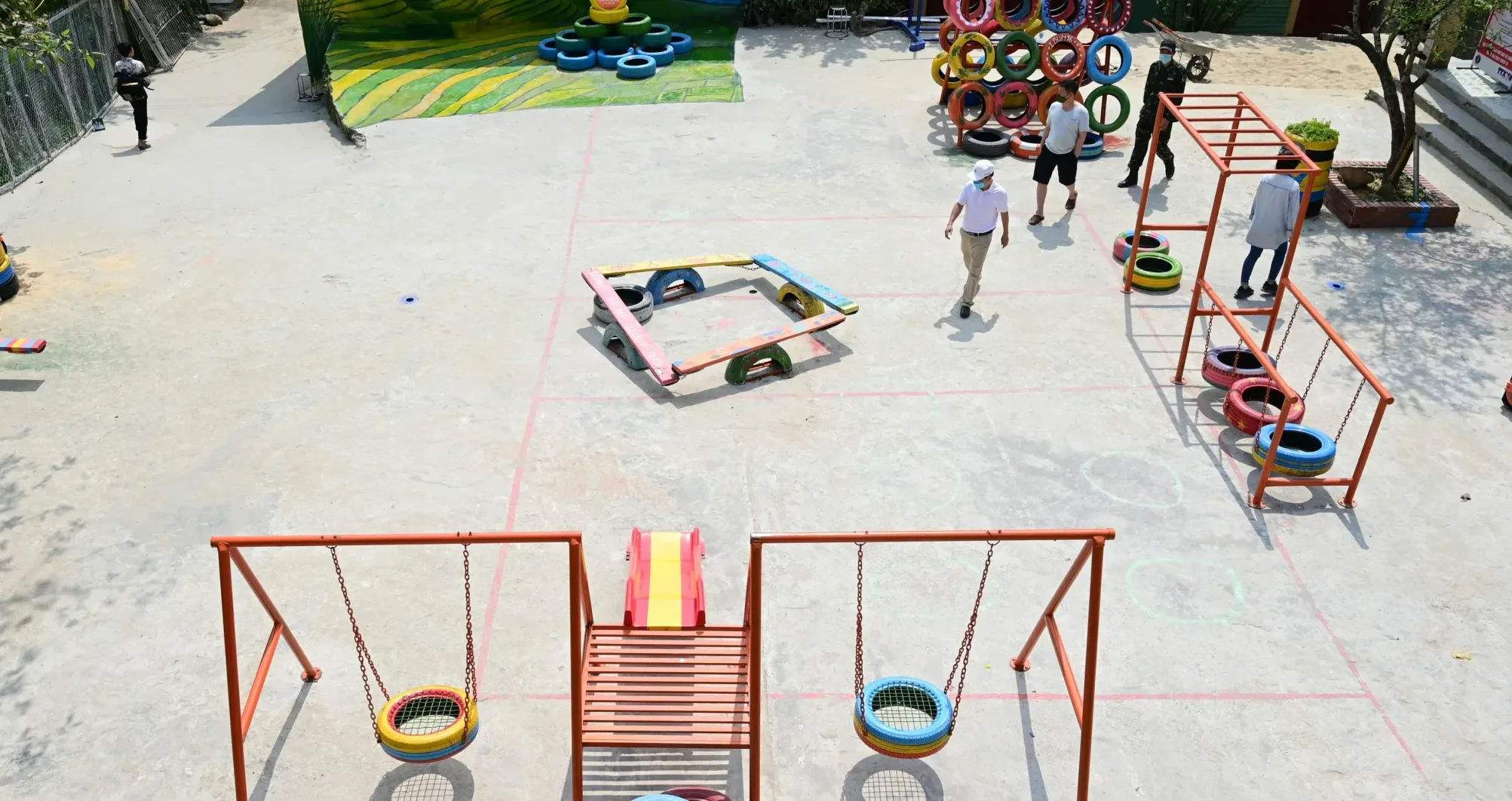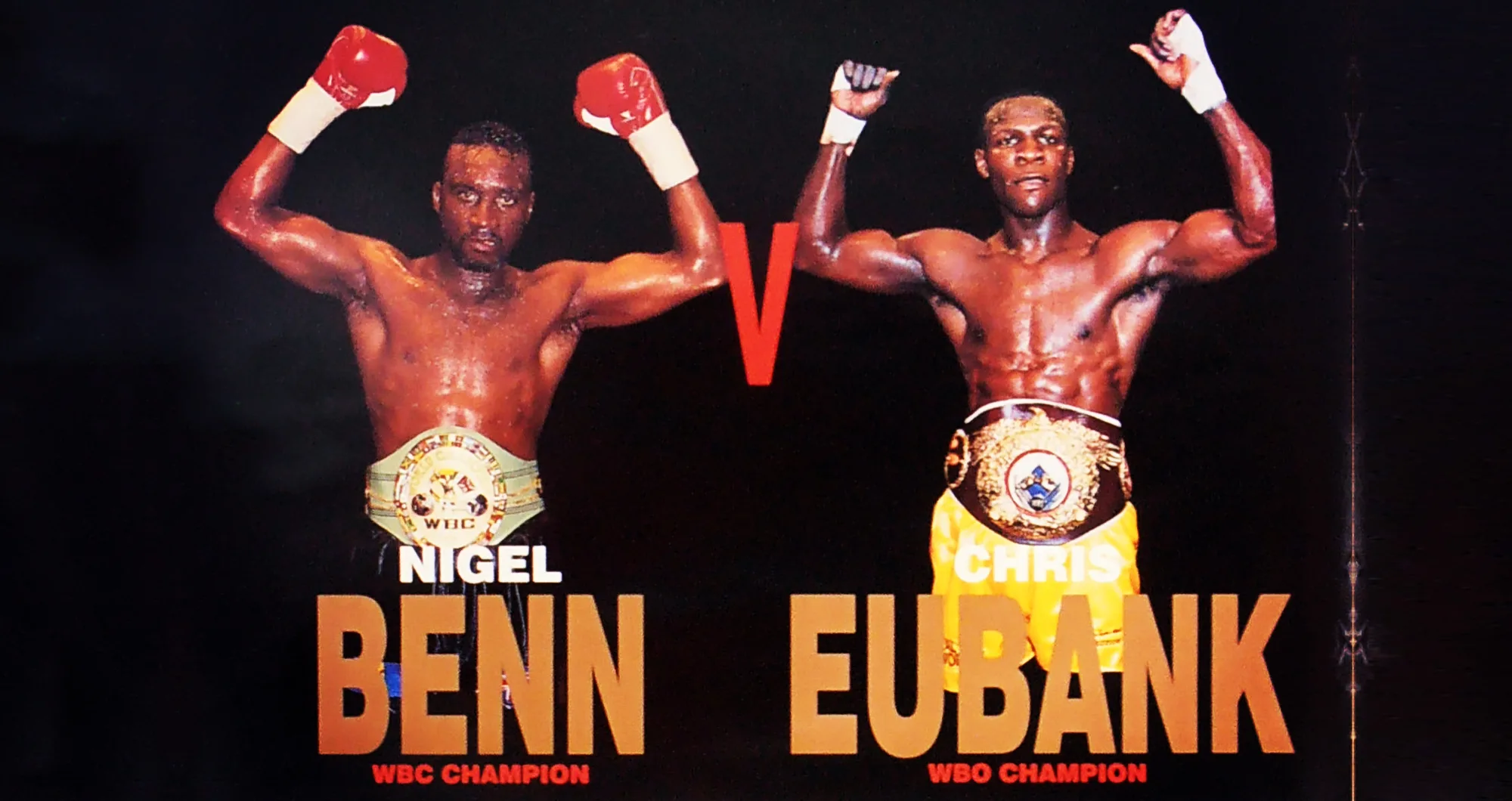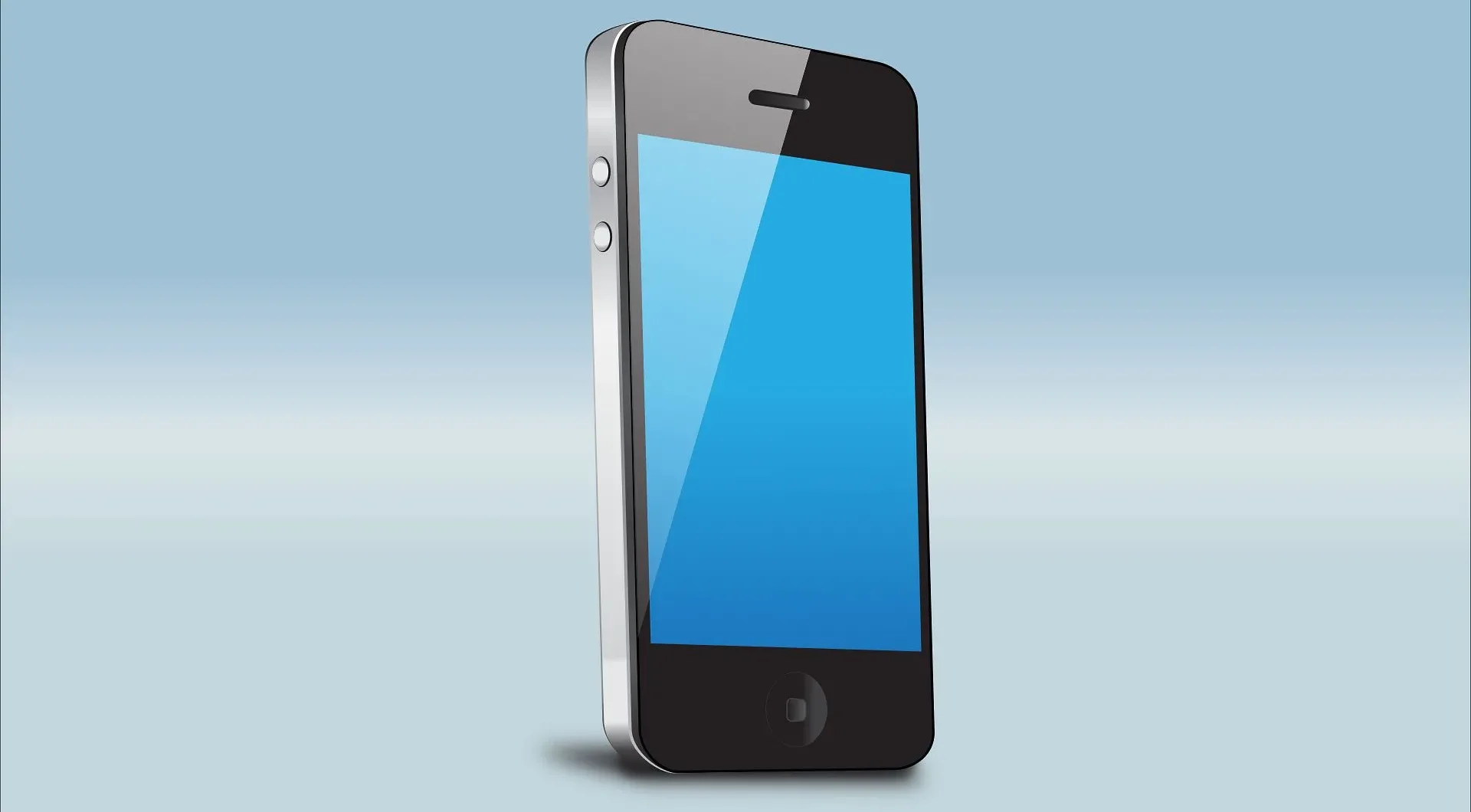Gaming often gets labelled as a mindless pastime, but here’s the twist: it’s one of the most engaging ways to boost your brainpower. Whether you’re tackling a tricky puzzle or working through a high-stakes challenge, gaming nudges your mind into problem-solving mode without you even realising it.
Easy to Get Going
The variety of games available today is astounding, from intricate puzzle solvers to fast-paced action games and immersive RPGs. Platforms such as Steam offer vast libraries, making it easy to explore different genres and find titles that pique your interest.
Digital marketplaces such as Eneba are a great place to explore a variety of games, often at discounted prices. With options to purchase a Steam wallet card or grab game keys directly, you can dive into this fun, brain-boosting activity without breaking the bank.
If you’ve never tried gaming, it’s easier than ever to get going.
Strategy Meets Fun
Many games are like interactive puzzles, requiring strategy and logic to progress. Take games where you solve complex problems, plan your resources, or work out how to get out of a seemingly impossible situation. They challenge your ability to think critically and weigh your options.
Even fast-paced, competitive games that involve teamwork and quick decisions can improve your strategic thinking. In these moments, you’re making decisions quickly, predicting outcomes, and adapting as needed. You might not notice it at first, but your brain is working overtime.
Learning Through Failure
One of the most valuable skills gaming teaches is resilience. Most games are designed to challenge you, and chances are you’ll fail before you succeed. But failure isn’t the end – it’s part of the process. Each attempt teaches you something new, pushing you to adjust your approach and try again.
Think about how this applies to real life. Whether you’re trying to learn a new skill, solve a problem at work, or just work out a new gadget, that persistence to keep trying pays off. Gaming makes it feel natural to learn from errors, all while keeping things fun and engaging.
Building Teamwork Skills
Not all games are solo adventures. Some involve working with others to achieve a shared goal, often requiring clear communication and collaboration. Imagine playing a cooperative board game or being on a team where everyone has a specific role to play.
In a gaming context, this might mean figuring out how to navigate a challenge with a friend or coordinating moves with a group of players online.
It Literally Takes Two
Take The Game Award winner It Takes Two, a co-op game celebrated for its unique ability to bring players together. Designed specifically for two players, the game requires you and your partner – be it a friend, family member, or significant other – to collaborate closely to solve puzzles, overcome challenges, and navigate its imaginative world.
What sets It Takes Two apart is how it cleverly intertwines game mechanics with teamwork. Each player is given unique abilities, meaning success relies entirely on cooperation. Whether you’re working together to operate a complex machine or timing your actions perfectly to escape danger, the game fosters communication and collaboration.
These experiences are great practice for real-life teamwork, teaching patience, communication, and problem-solving in a group setting.
So, can gaming really build problem-solving skills? Absolutely. It’s a blend of entertainment and education, wrapped up in a format that’s accessible to everyone. Whether you’re a curious beginner or just looking for a new way to challenge your mind, gaming might be an unexpected solution.


